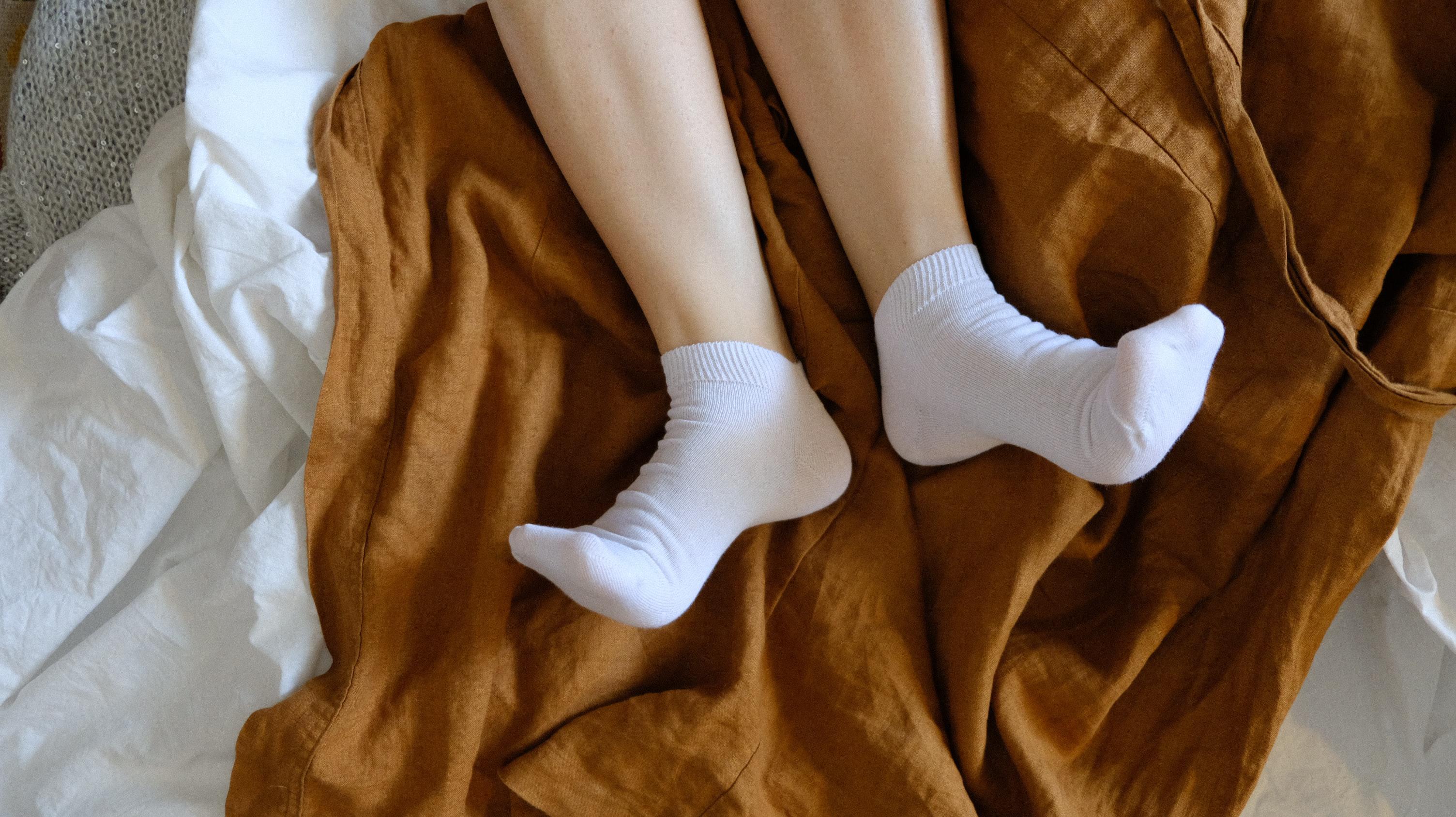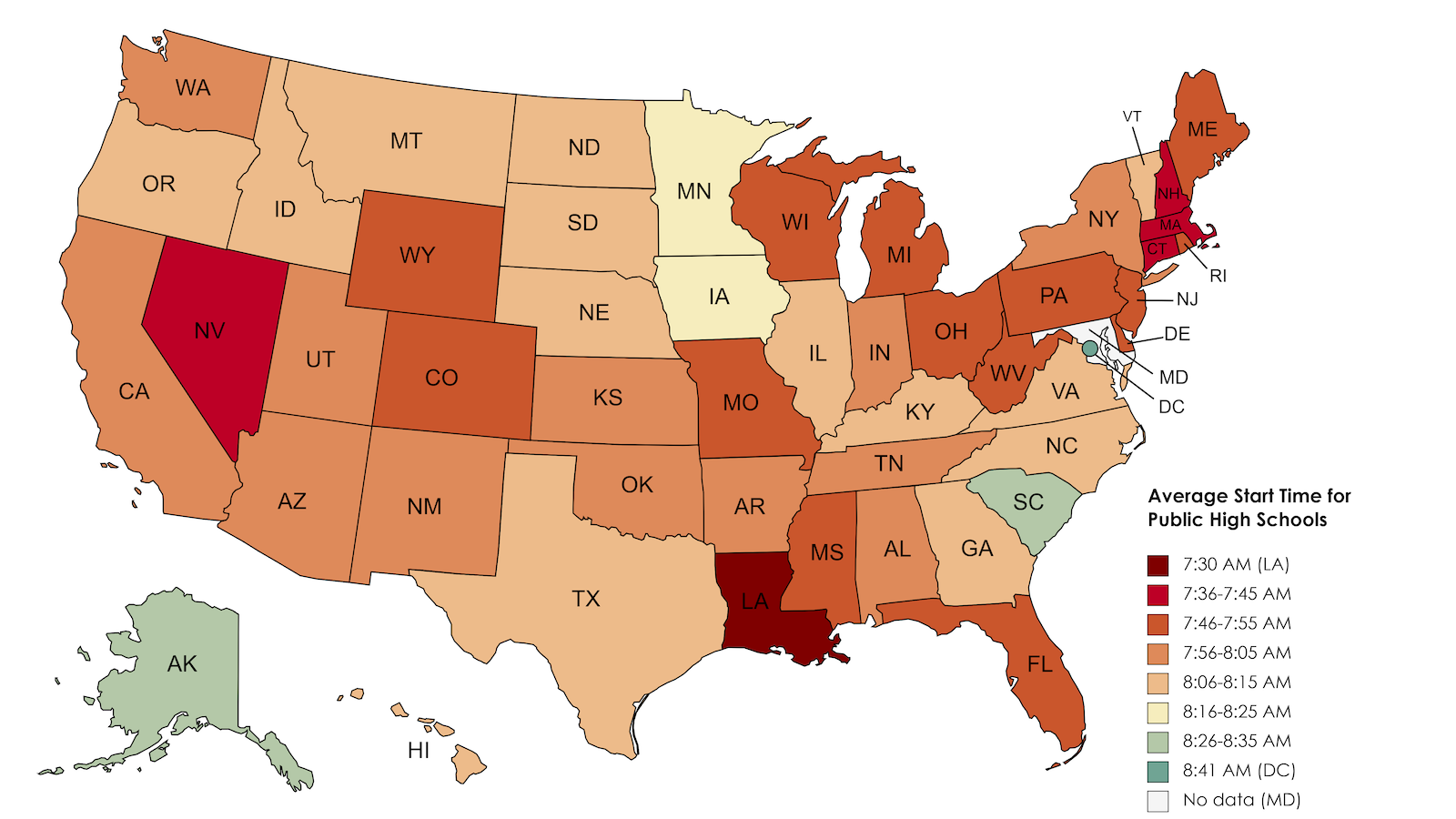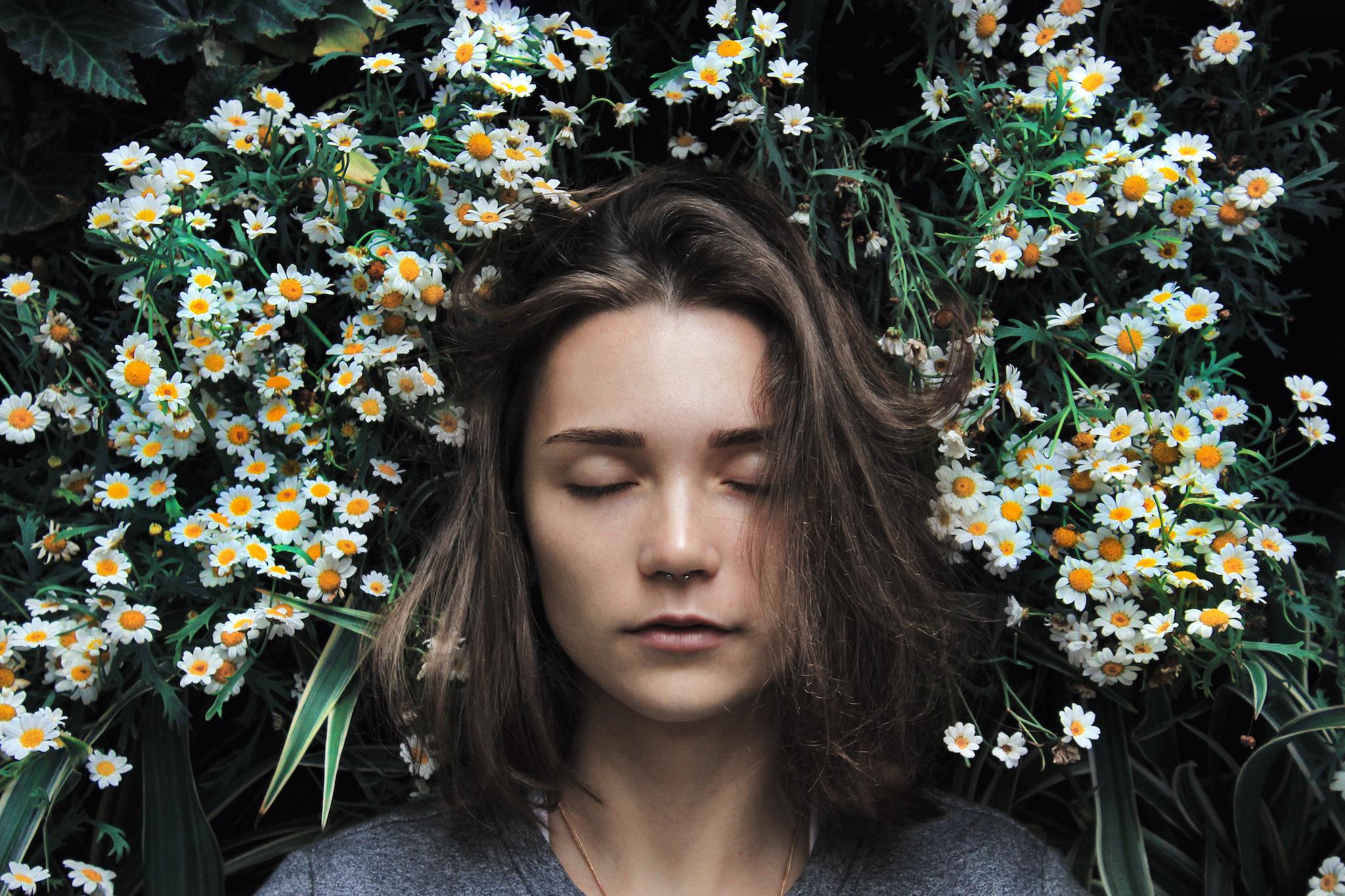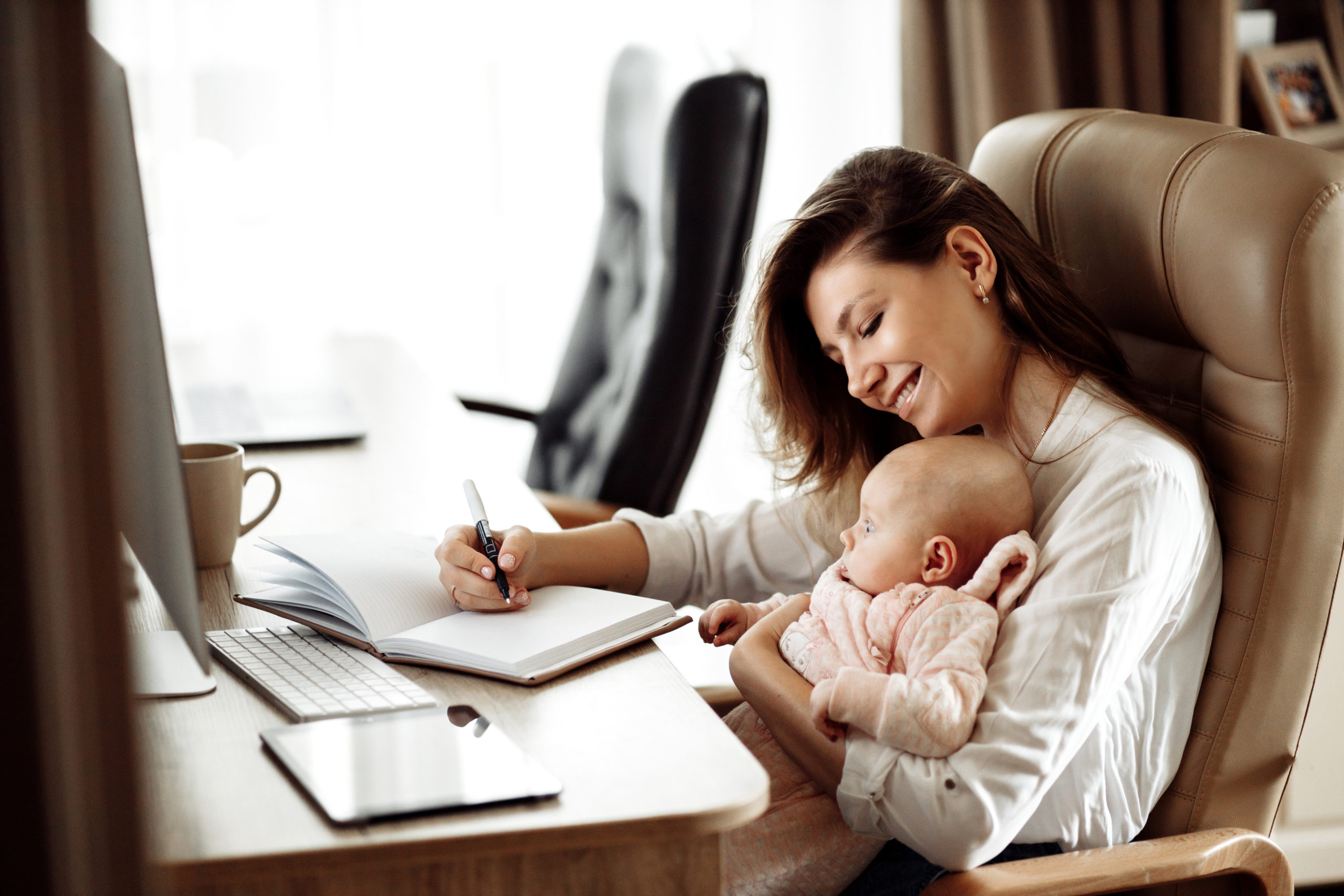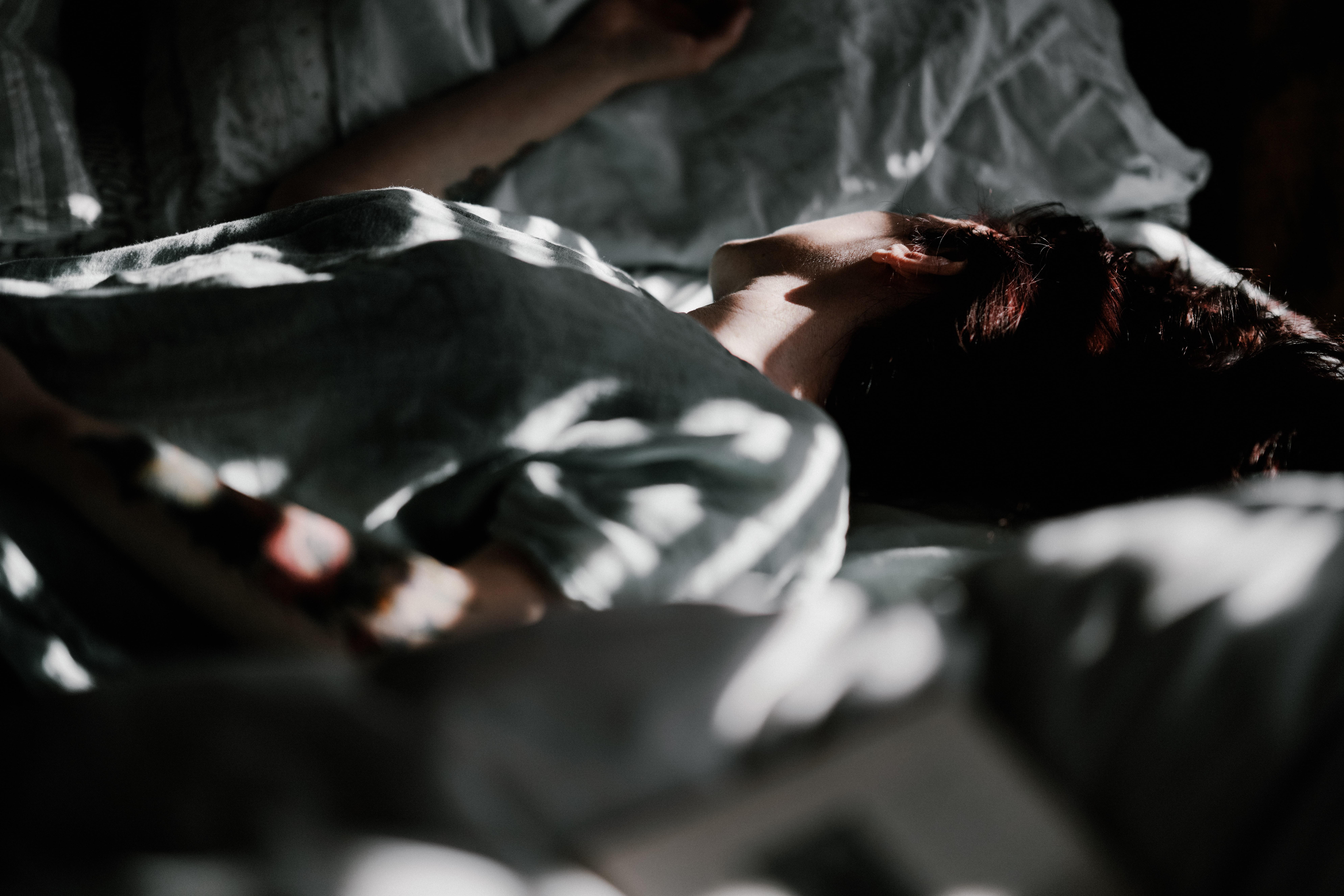Fall Asleep and Wake Up Refreshed On This High-Tech Pillow

Nutrition, physical activity and sleep are the cornerstones of health. Yet, sleep seems to be the most overlooked, with electronic devices, light pollution, stress, busy schedules, and Netflix all standing in the way. According to the Center for Disease Control and Prevention an estimated 50-70 million US adults have sleep or wakefulness disorder, and more than a third of adults are getting less than the recommended minimum of seven hours of sleep. People with sleep insufficiency are more likely to suffer from chronic diseases such as hypertension, diabetes, depression, and obesity, as well as from cancer, increased mortality, and reduced quality of life and productivity.
Sleep is my greatest enemy.
— Netflix US (@netflix) April 17, 2017
To tackle some of the causes for the reduced quantity and quality of our sleep, a team of LA designers and engineers has created the Sunrise Pillow, a pillow that helps you fall asleep and wake up in the most optimal and natural way.
As the creators of the pillow explain, we have stopped falling asleep and waking up naturally. At night, we stay up late even if we are tired, with blue light beaming from our devices and hindering the production of melatonin, the hormone that helps us sleep. In the morning, alarm clocks wake us up abruptly regardless of our sleep cycle and if daylight doesn’t enter our rooms our bodies don’t receive the necessary signals to stop producing melatonin. And during the night, of course, there are noises that disturb our sleep, from street traffic to our partner snoring. All of this contributes to us often waking up tired instead of rested.
Packed with sensors that track movement, LED lights, a microphone, and speakers, the Sunrise Pillow helps you control the light and sounds in your room for a better sleep experience. To help you fall asleep the pillow is equipped with various nature sounds, meditation music, and binaural beats that lower your brain rate. The pillow also has a sound conditioning feature that produces white noise, pink noise and different fan sounds that can mask unwanted noises like a television or even your partner’s snoring (the team claims).
To help you wake up in the most refreshed state, the pillow tracks your circadian rhythm and wakes you up in the moment of your lightest sleep. In addition, the LED lights along the edges start changing color in advance, from a soft morning red all the way to filling your entire room with daylight thus reducing the production of melatonin in your body and emulating the way it would wake up in nature.
Similar to other sleep apps, the pillow also extensively tracks your entire sleep, recording noises, snoring and your breathing to help you make positive adjustments. The embedded lights and speakers can also be used for trivial purposes like playing your audio book or acting as a reading light (with the added benefit of turning off automatically as you fall asleep).
All of this tech is encased in an ergonomic shape made of layers of memory foam. It will most likely sell for around $300, but the team is currently fundraising on Kickstarter and giving out an early bird special for $99.
